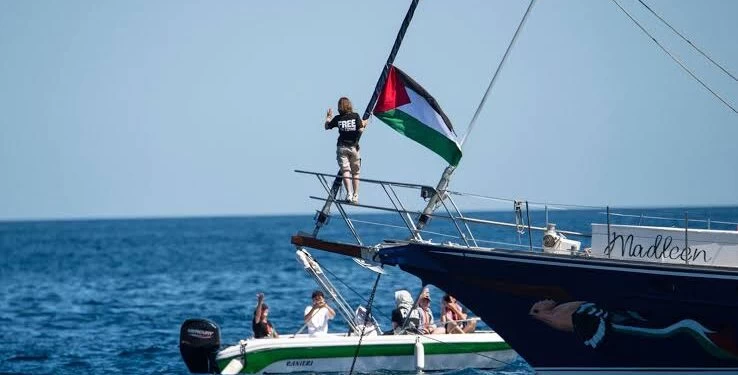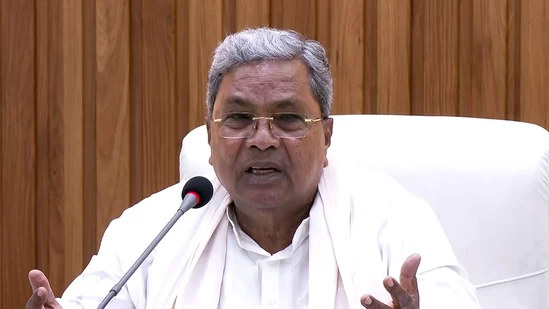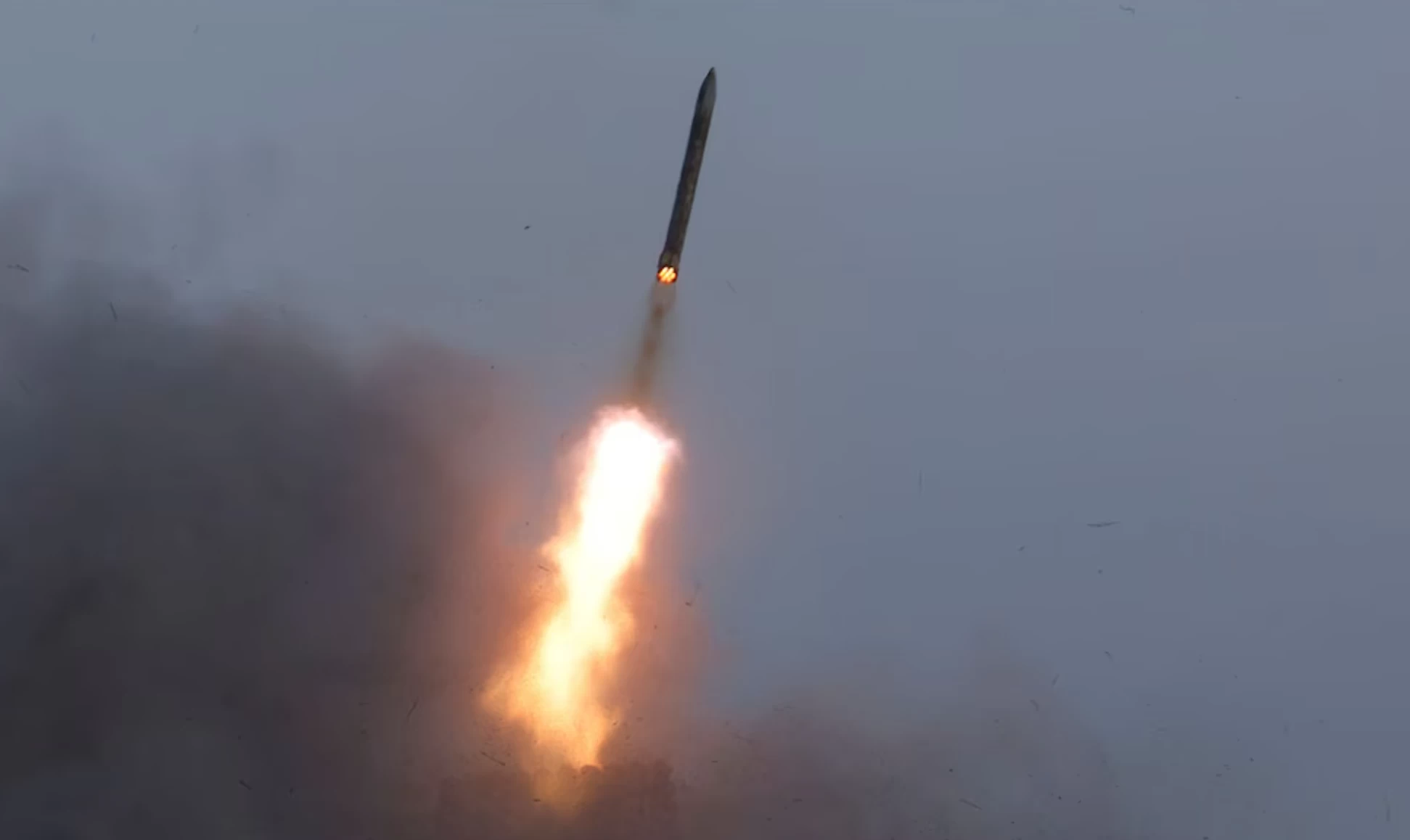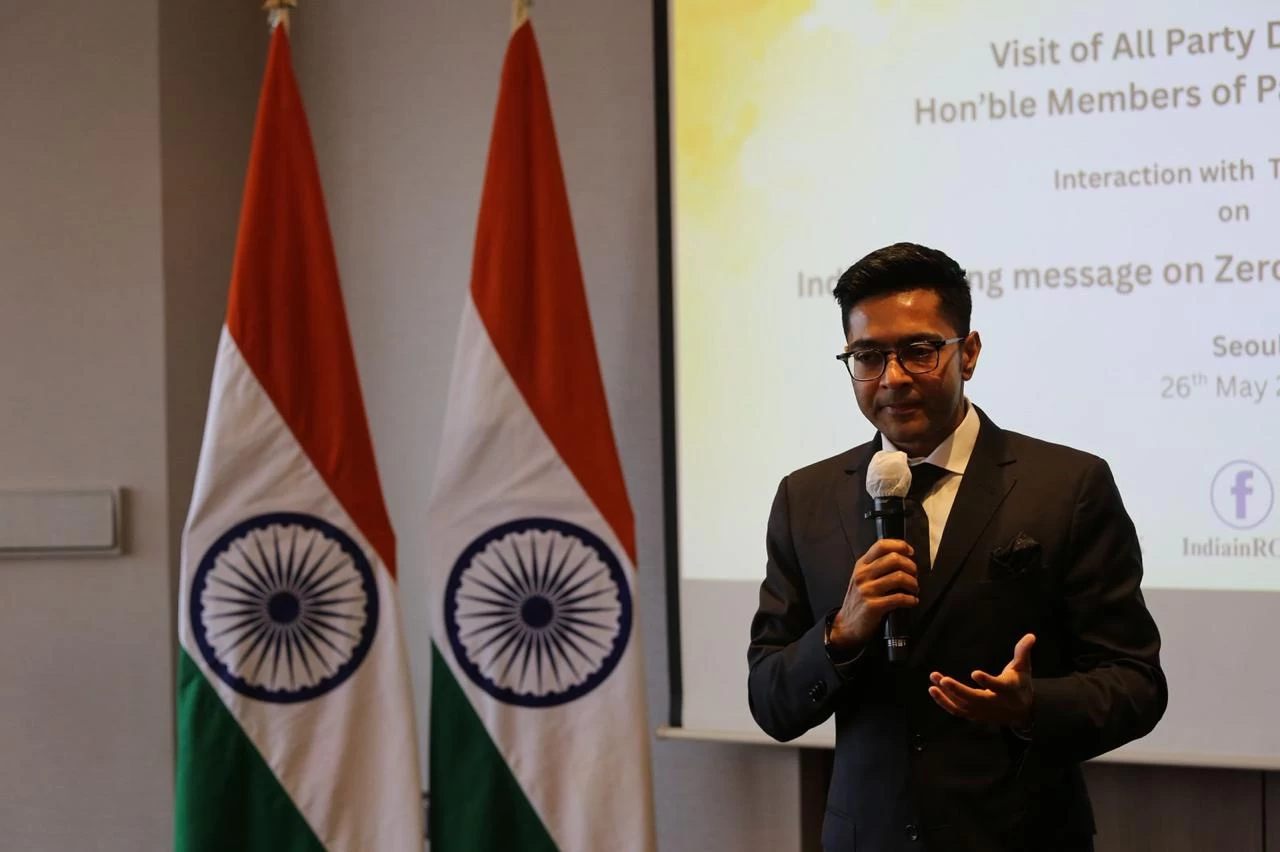Latest Updates
Final Moments of Jeju Air Plane: Pilot Calls "Mayday" Before Crash That Killed 179
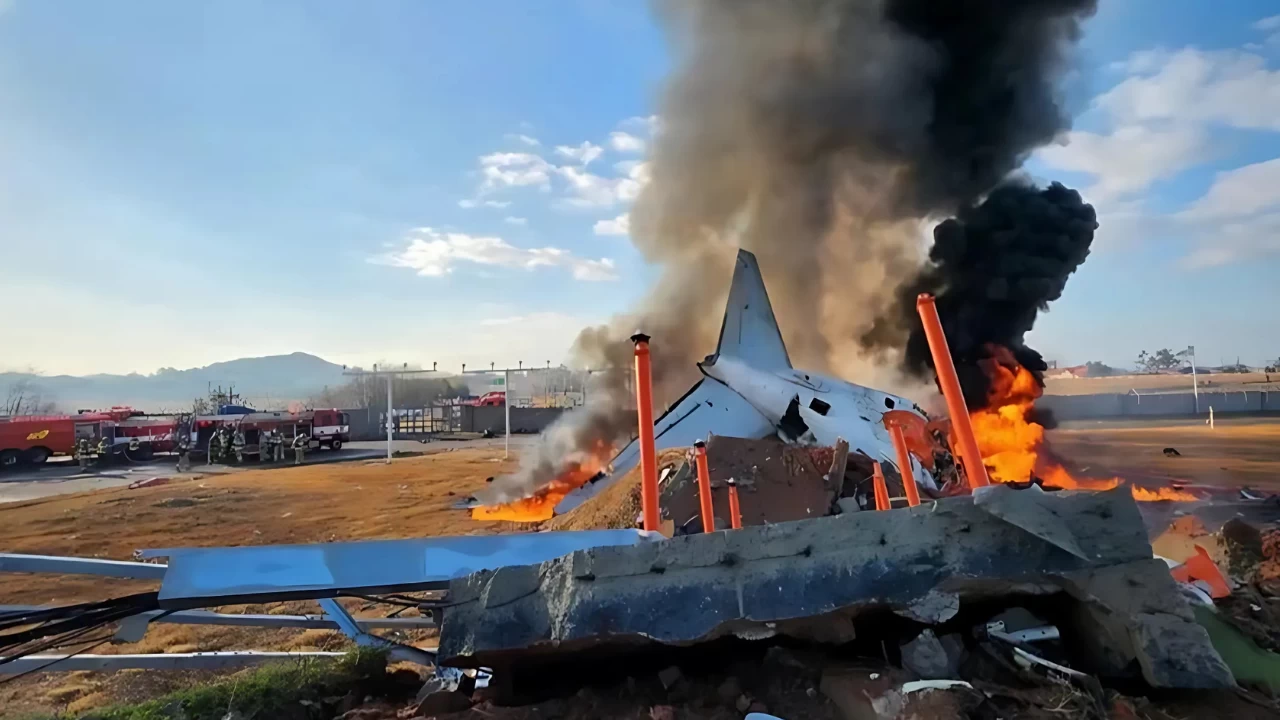
At least 179 people lost their lives in a tragic plane crash on Sunday, when a Jeju Air Boeing 737-800 crashed while attempting to land at Muan International Airport in South Korea. The flight, carrying 181 passengers from Thailand, was the deadliest aviation disaster in the country’s history. The crash resulted in the plane skidding off the runway and bursting into flames, leaving only two survivors, both flight attendants who were rescued from the wreckage.
The crash occurred shortly after the plane, descending toward Muan, was struck by a bird. The pilot issued a “Mayday” distress call, reporting the bird strike and requesting to go around. Moments later, the aircraft attempted a go-around before crashing into a wall at the end of the runway. Fire officials described the wreckage as “almost completely destroyed” due to the intense flames following the crash.
An investigation has been launched into the cause of the disaster, with the U.S. National Transportation Safety Board (NTSB), Boeing, and the Federal Aviation Administration (FAA) assisting South Korean authorities. Both black boxes—the flight data recorder and cockpit voice recorder—have been recovered and are being examined.
According to South Korean officials, the final minutes of Flight 7C2216 began at 8:54 a.m., when the plane was cleared to land. Just minutes later, air traffic control issued a warning about bird activity, and by 8:59 a.m., the pilot declared an emergency due to a bird strike. The aircraft attempted a go-around and was authorized to land on the opposite runway. However, by 9:03 a.m., the plane crashed after it overran the runway and hit an embankment.
The two survivors, both flight attendants, were rescued and taken to a hospital. One of the survivors, a 33-year-old man, reported suffering multiple fractures, while the other, a 25-year-old woman, had injuries to her ankle and head. Authorities have identified 65 victims so far, and the process of identifying the remaining passengers continues. Among the deceased were all South Koreans, except for two Thai nationals—a three-year-old child and a 78-year-old man.
Jeju Air, South Korea's largest low-cost airline, issued an apology following the crash. At a press conference, company executives bowed deeply, expressing their condolences. Boeing also offered its support, stating that it was in contact with Jeju Air to provide assistance.
South Korea’s acting President, Choi Sang-mok, convened an emergency cabinet meeting and visited the crash site to offer his condolences. U.S. President Joe Biden expressed his sadness over the incident, calling it a "deeply saddening" tragedy. In response to the crash, South Korea declared a seven-day national mourning period.





